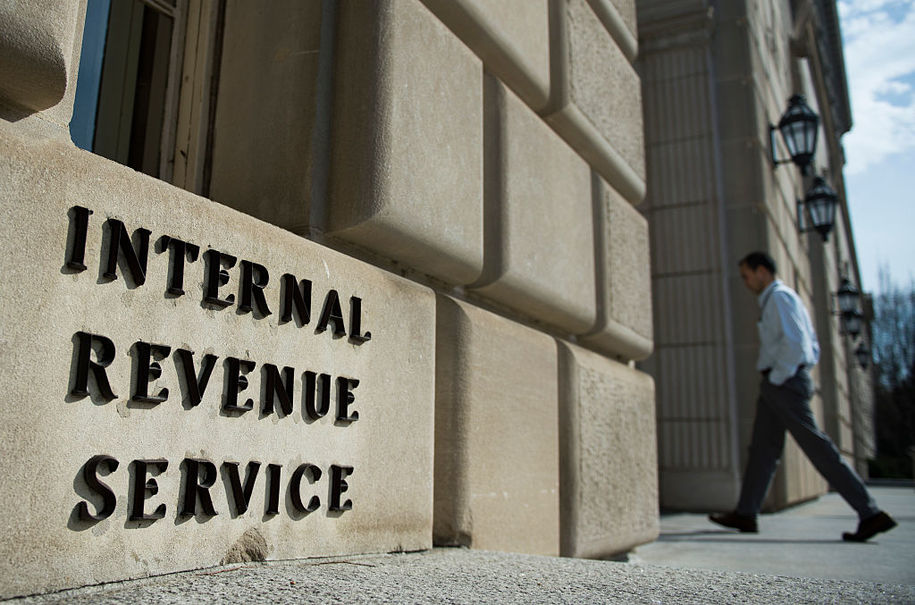Tell Congress: Make the ultra-wealthy pay their fair share. Fully fund the IRS.

The Inflation Reduction Act (IRA), signed into law by President Biden in August 2022, provided the Internal Revenue Service (IRS) with approximately $79.4 billion in supplemental funding. After being underfunded for decades, this sorely needed infusion of resources is already paying dividends, for example:
Resourcing the IRS is not just about making the wealthy pay their fair share. The IRS has an ugly history of auditing low-income and Black people at disproportionately high rates, in part because it costs more in staff time and resources to audit wealthy taxpayers, whose returns are more complicated than the average filer (and whose lawyers make these audits more challenging).
When they have the resources to go after the rich, their calculus changes. A recent investigation revealed that every additional $1 spent on auditing taxpayers above the 90th income percentile generated more than $12 in revenue.
As funding discussions persist, protecting and maintaining IRS funding is essential for achieving a fair tax code, actively eliminating anti-Black racism from the implementation of our tax policy, and ensuring the wealthiest tax cheats finally pay their fair share.
Participating Organizations:
- The IRS has identified 1,600 taxpayers who reported over $1 million in income and owed more than $250,000 in recognized tax debt each! The agency has now collected $160 million from millionaires with outstanding debt.
- In 2022, the average phone wait time was 27 minutes, and only 13% of the people who called the agency managed to talk to a live person. In 2023, the phone wait time was cut to 4 minutes, and 87% of the callers got through.
- The IRS introduced advanced scanning technology, allowing it to digitally process 80 times more returns in the initial quarter of 2023 than it did throughout the entire year of 2022.
Resourcing the IRS is not just about making the wealthy pay their fair share. The IRS has an ugly history of auditing low-income and Black people at disproportionately high rates, in part because it costs more in staff time and resources to audit wealthy taxpayers, whose returns are more complicated than the average filer (and whose lawyers make these audits more challenging).
When they have the resources to go after the rich, their calculus changes. A recent investigation revealed that every additional $1 spent on auditing taxpayers above the 90th income percentile generated more than $12 in revenue.
As funding discussions persist, protecting and maintaining IRS funding is essential for achieving a fair tax code, actively eliminating anti-Black racism from the implementation of our tax policy, and ensuring the wealthiest tax cheats finally pay their fair share.
Participating Organizations:
Americans for Financial Reform
Americans for Tax Fairness Action Fund
Democracy for America Advocacy Fund
Democratic Values
HollywoodDemocrats.com
Left Click
TakeItBack.org
Daily Kos



.png)


